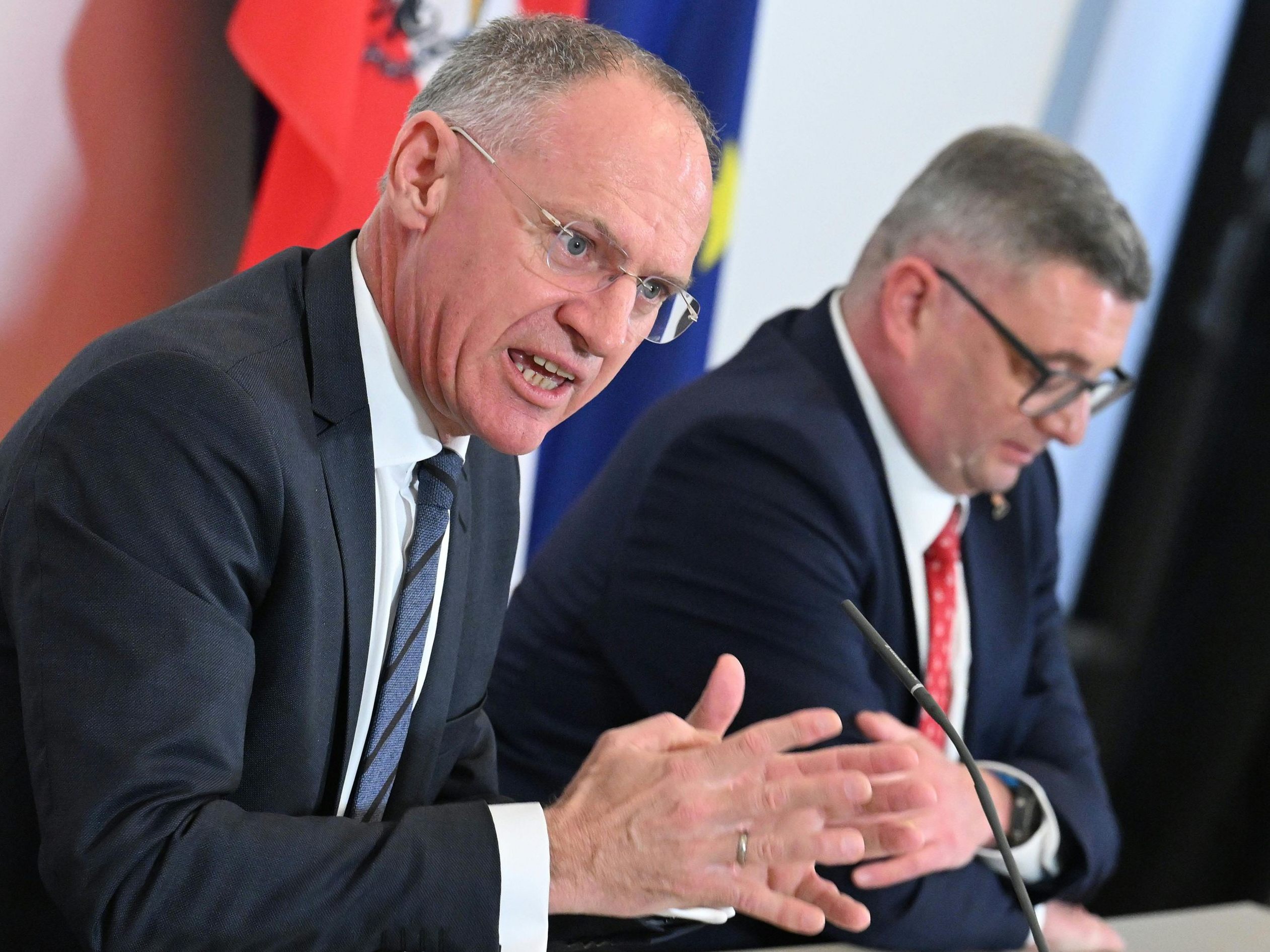Messenger Surveillance: Draft Presented After Government Retreat

Access to messenger services is limited to cases indicating terrorist or constitution-threatening activities, such as the preparation of attacks or the formation of terrorist groups. It can also be used in cases of espionage. Messenger surveillance mainly concerns cases where observation has clearly shown that threats communicate via these channels. Each application requires a judicial order and is monitored by the legal protection officer.
Government Retreat: Messenger Surveillance Possible for Three Months
In principle, the authority for messenger surveillance, which affects services like WhatsApp and Skype, can only be ordered for a duration of three months. However, an extension is possible. Subsequently, those affected must be informed that their messengers were monitored. If surveillance is applied in more than 35 cases in a calendar year, a special report must be submitted to the permanent subcommittee of the Interior Committee. The software to be used is not defined by the law. The question is to be clarified only after the legal framework has been decided.
Interior Minister Gerhard Karner (ÖVP) expressed relief at a press conference at the end of the first day of the government retreat that a draft (at least supported by ÖVP and SPÖ) is now available. Currently, the police have no way of seeing what terrorists and extremists are doing on messenger programs: "There needs to be a level playing field." It is important for him to point out that the population is not affected: "It is about a few individual cases a year." SPÖ State Secretary Jörg Leichtfried also sees no danger of mass surveillance. The use will be the last resort. Moreover, there are no longer any constitutional concerns. On the contrary, he sees "great constitutional stability." The population should feel that the country is becoming safer.
NEOS and Opposition Critical of Messenger Surveillance
A decision on messenger surveillance is still a long way off. A long review period of eight weeks has been set. During this time, the NEOS also need to be convinced. In a statement from the smallest coalition partner, it is said that today's step "by far" does not yet mean a decision. During the review, there will also be further intensive discussions within the coalition. The NEOS see "some room for improvement" in the current draft.
Party leader Beate Meinl-Reisinger was, however, more reserved in a press statement in the afternoon. The Foreign Minister noted that there have already been improvements, such as the early possible involvement of the parliamentary subcommittee. However, she pointed out that the discussion is not over, but rather at its beginning, referring to the long review period.
The opposition was skeptical to clearly rejecting. He hopes "that the NEOS will maintain a spark of political decency and will not approve this instrument of mass surveillance from the ÖVP," said FPÖ General Secretary Christian Hafenecker in a statement. The Greens announced that they would closely examine whether the new government draft, unlike the recent ÖVP draft, meets constitutional requirements. "Where spyware and federal trojans are used, the next surveillance scandal is usually not far away," warned Green digitalization spokesperson Süleyman Zorba.
(APA/Red)
This article has been automatically translated, read the original article here.





